Neurology’s Role in Brain & Spine Disorders | Dr. Varun Kodam
NEUROLOGICAL DISEASESE
What is Neurology?
Neurology is a specialized medical field focused on diagnosing and treating disorders of the nervous system, the body's communication hub that governs thoughts, emotions, sensations, and movements. Neurologists address a wide range of conditions, from chronic diseases to injuries, while also exploring the nervous system's remarkable ability to adapt and heal.
Through advanced diagnostics, medications, therapies, and lifestyle recommendations, neurologists provide personalized care. They also identify cases requiring surgical intervention to ensure comprehensive treatment.
If you're seeking expert care, consult the best neurologists in Hyderabad for cutting-edge solutions and compassionate support for your neurological health.
Why is Neurology Important?
Neurology is critical because the nervous system governs essential functions of the body. When the nervous system malfunctions, it can result in a wide range of debilitating or life-threatening conditions. Neurological disorders often affect not just physical capabilities but also mental and emotional health, making early diagnosis and treatment essential for improving quality of life and outcomes.
Components of the Nervous System
A. Central Nervous System (CNS):
The brain: Responsible for higher functions such as thought, memory, emotion, decision-making, and basic functions like breathing and heart rate.
The spinal cord: A conduit for transmitting messages between the brain and the rest of the body.
B. Peripheral Nervous System (PNS):
Made up of sensory and motor nerves that connect the CNS to muscles, organs, and tissues.
Includes autonomic nerves that regulate involuntary functions like heartbeat, digestion, and respiration.
C. Autonomic Nervous System:
Divided into the sympathetic and parasympathetic systems, it manages responses like "fight or flight" and "rest and digest."
Advancements in Neurology
Neurology is a rapidly advancing field, driven by innovations in technology and research. Notable developments include:
1. Neuroimaging Techniques
MRI (Magnetic Resonance Imaging): For detailed images of brain and spinal structures.
CT Scans: To quickly diagnose strokes, tumours, and injuries.
Functional MRI (fMRI): To study brain activity in real time.
PET Scans: For understanding metabolic and functional aspects of the brain.
2. Neurogenetics:
Identification of genetic markers for diseases like Huntington’s and familial Alzheimer’s.
Use of gene therapy to treat hereditary neurological conditions.
3. Neuromodulation:
Technologies like deep brain stimulation (DBS) for Parkinson’s disease and epilepsy.
Transcranial magnetic stimulation (TMS) for depression and other conditions
Neurologists
Neurologists focus on diagnosing and treating conditions with medications, therapies, or lifestyle changes.
Neurosurgeons specialize in surgical interventions for conditions like brain tumours, aneurysms, and spinal cord injuries.
Neurosurgeons
Neurology Vs Neurosurgery
While both neurology and neurosurgery deal with the nervous system, their roles are distinct:
Importance of Multidisciplinary Care in Neurology
Neurology often requires collaboration with other specialties, such as:
Psychiatry: For conditions like depression or anxiety linked to neurological disorders.
Rehabilitation Medicine: To optimize recovery after strokes or injuries.
Endocrinology: For managing diabetes-related neuropathy.
By embracing an interdisciplinary approach, neurology continues to improve lives through better understanding, innovative treatments, and compassionate care.
Cerebrovascular Diseases
Conditions affecting blood flow to the brain, which can lead to severe consequences:
Stroke (Ischemic and Haemorrhagic): Sudden loss of brain function due to blocked or ruptured blood vessels.
Transient Ischemic Attacks (TIAs): Temporary disruption of blood flow to the brain, often called "mini-strokes."
Brain Aneurysms and Arteriovenous Malformations (AVMs): Abnormal blood vessel formations that can rupture.
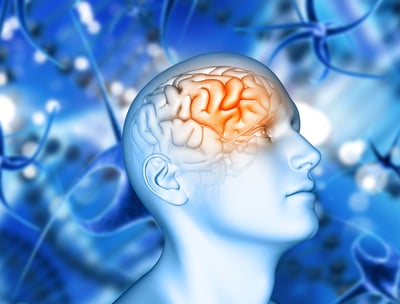

Neurological Disorders Treated by Neurologists
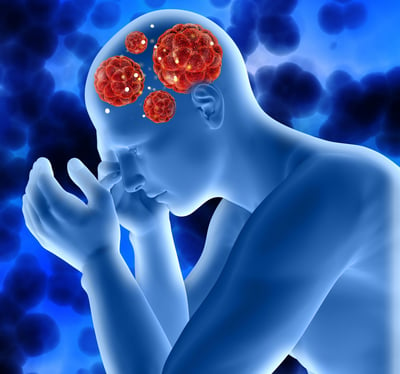

Demyelinating Diseases
Disorders where the protective covering of nerve fibers (myelin) is damaged:
Multiple Sclerosis (MS): A chronic condition causing muscle weakness, vision problems, and coordination difficulties.
Neuromyelitis Optica (NMO): A condition causing inflammation of the spinal cord and optic nerves.
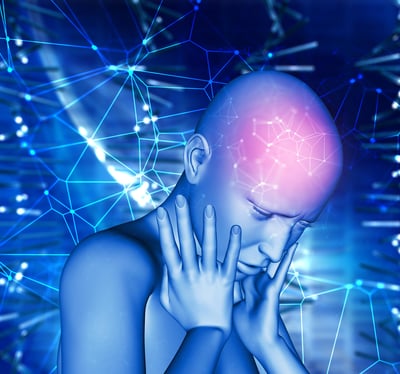

Neurodegenerative Disorders
Progressive diseases leading to the degeneration of neurons over time
Alzheimer’s Disease: The leading cause of dementia, characterized by memory loss and cognitive decline.
Parkinson’s Disease: A movement disorder causing tremors, rigidity, and bradykinesia (slowness of movement).
Amyotrophic Lateral Sclerosis (ALS): Also known as Lou Gehrig’s disease, it leads to the progressive loss of muscle control.
Huntington’s Disease: A genetic condition causing movement, cognitive, and psychiatric disturbances.


Movement Disorders
Conditions that affect voluntary and involuntary movements:
Essential Tremor: A common neurological disorder causing shaking, particularly in the hands.Dystonia:
Characterized by involuntary muscle contractions leading to abnormal postures.Tourette Syndrome: A condition causing involuntary movements and vocalizations (tics)
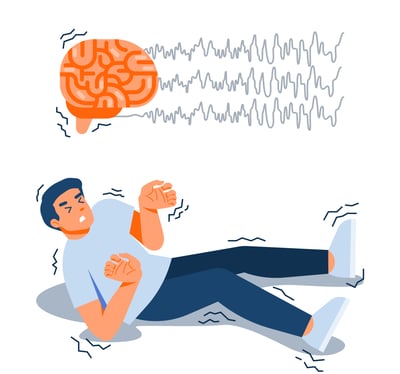

Abnormal electrical activity in the brain leading to seizures:
Epilepsy: A chronic condition involving recurrent seizures.
Status Epilepticus: A prolonged or repeated seizure, considered a medical emergency.


Headache Disorders
Disorders causing severe or chronic headaches:
Migraines: Intense, throbbing headaches often accompanied by nausea and sensitivity to light or sound.
Cluster Headaches: Excruciating pain occurring in cyclical patterns.
Tension-Type Headaches: The most common type of headache.
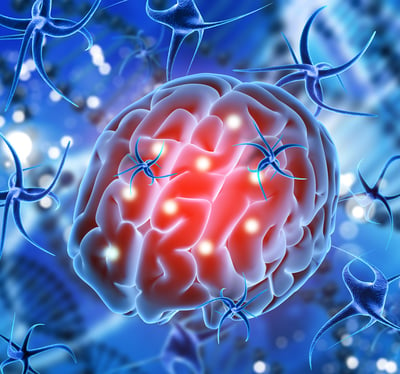

Neurological Infections
Infections affecting the brain, spinal cord, or nerves:
Meningitis: Inflammation of the protective membranes covering the brain and spinal cord.
Encephalitis: Inflammation of the brain, often caused by viral infections.
Guillain-Barré Syndrome: A rare autoimmune condition where the immune system attacks the peripheral nervous system.


Spinal Cord Disorders
Conditions affecting the spinal cord and its functions:
Herniated Discs: Causing nerve compression and pain.
Spinal Stenosis: Narrowing of the spinal canal leading to pressure on the nerves.
Trauma-Related Injuries: Resulting in paralysis or sensory deficits.
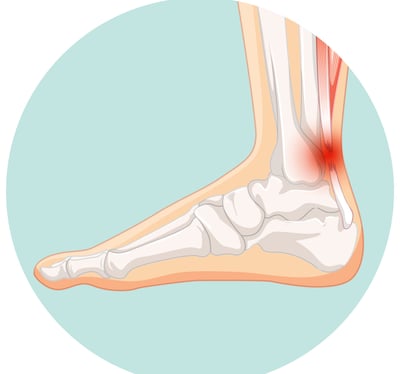

Neuromuscular Disorders
Conditions affecting muscles and the nerves controlling them:
Myasthenia Gravis: Causing muscle weakness due to disrupted nerve-muscle communication.
Muscular Dystrophies: Genetic disorders leading to progressive muscle degeneration.
Amyotrophies: Disorders of motor neurons resulting in muscle wasting.
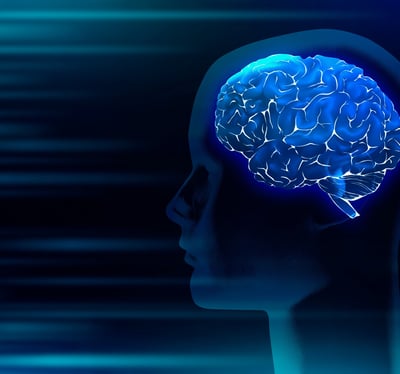

Peripheral Neuropathies
Disorders of peripheral nerves leading to weakness, numbness, or pain:
Diabetic Neuropathy: Nerve damage caused by uncontrolled diabetes.
Carpal Tunnel Syndrome: Compression of the median nerve in the wrist.
Bell’s Palsy: Sudden weakness or paralysis of facial muscles.
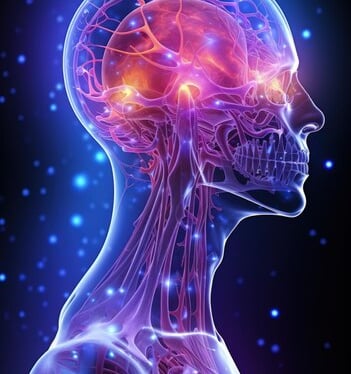

Functional Neurological Disorders
Disorders with neurological symptoms but no identifiable structural cause:
Functional Seizures: Resembling epileptic seizures but caused by psychological factors.
Functional Movement Disorders: Involuntary movements without structural abnormalities.
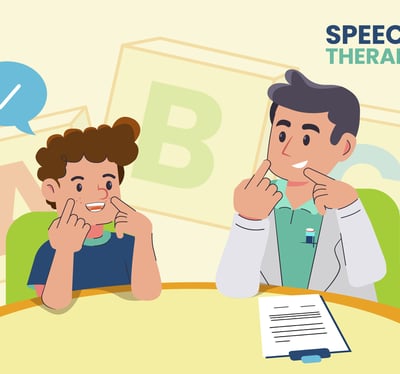

Speech and Language Disorders
Conditions affecting communication abilities:
Aphasia: Impaired language skills due to brain injury or stroke.
Dysarthria: Difficulty in articulating speech caused by muscle weakness.
